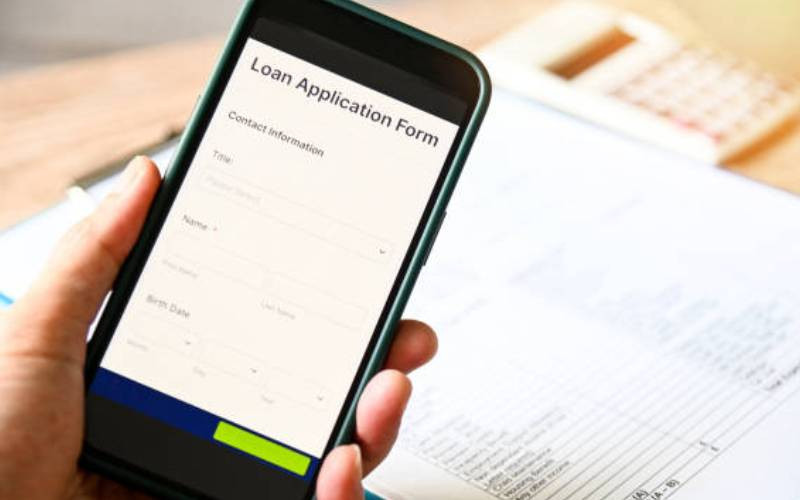×
The Standard e-Paper
Smart Minds Choose Us

With the high cost of living squeezing most Kenyan families' budgets, taking children back to school has become a herculean task due to the many demands parents have to meet.